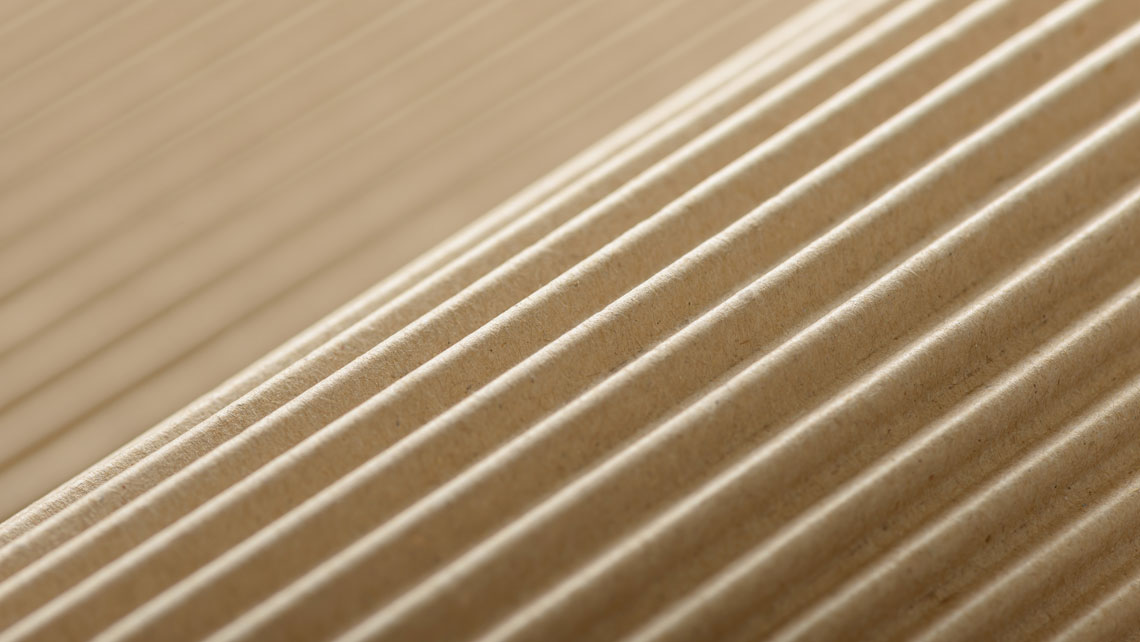Kemira KemFlite concept combines our efficient chemical solutions with process understanding, application expertise, and unique online tools for real-time monitoring and control and helps you control the agglomeration of hydrophobic substances in your machine. It includes
- An investigation of the key points in your process contributing to deposit formation (e.g. mechanical pulp bleaching, wash press operations, broke circulation, recycled fiber processing)
- The choice of correct deposit control products to control hydrophobic substances and their particle size to prevent deposit buildup
- Real-time monitoring of hydrophobic load and the deposition risk of different process waters (e.g. broke filtrate, paper machine white water) with KemConnect™ AutoFlite.


